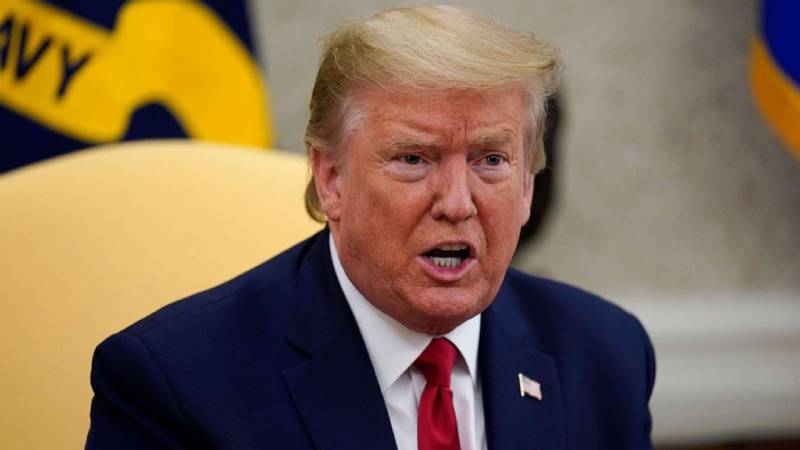×
The Standard e-Paper
Fearless, Trusted News

US President Donald Trump (pictured) has accused the World Health Organization (WHO) for turning a blind eye on reports of racism and discrimination against Africans living in Guangzhou, China, in the midst of the coronavirus pandemic.